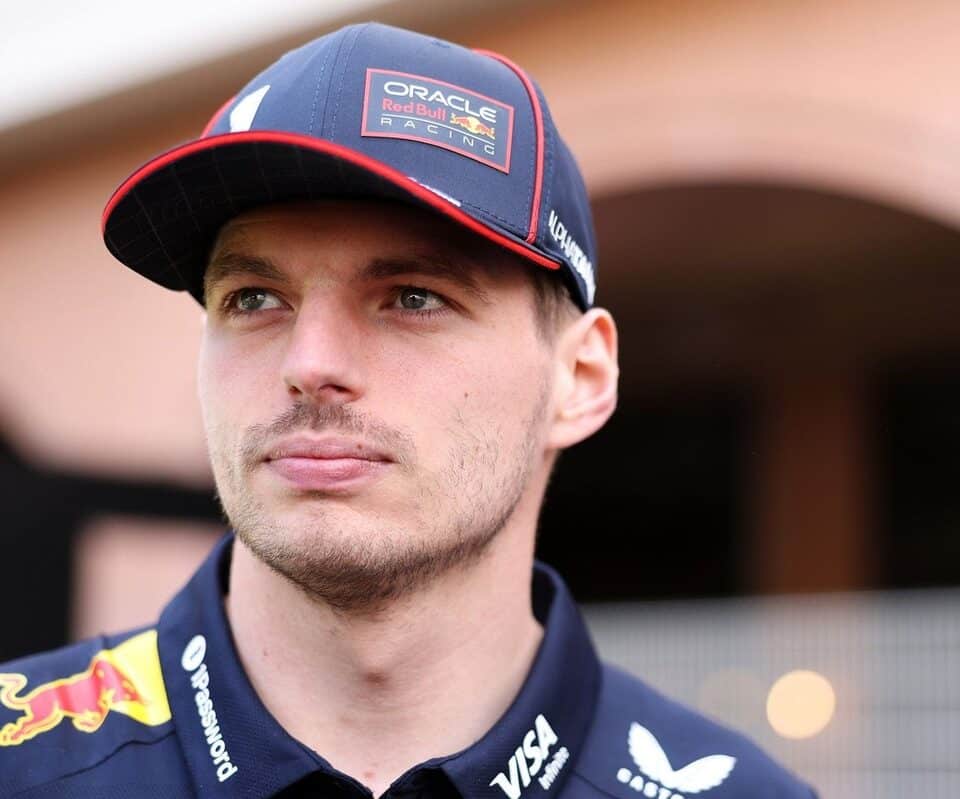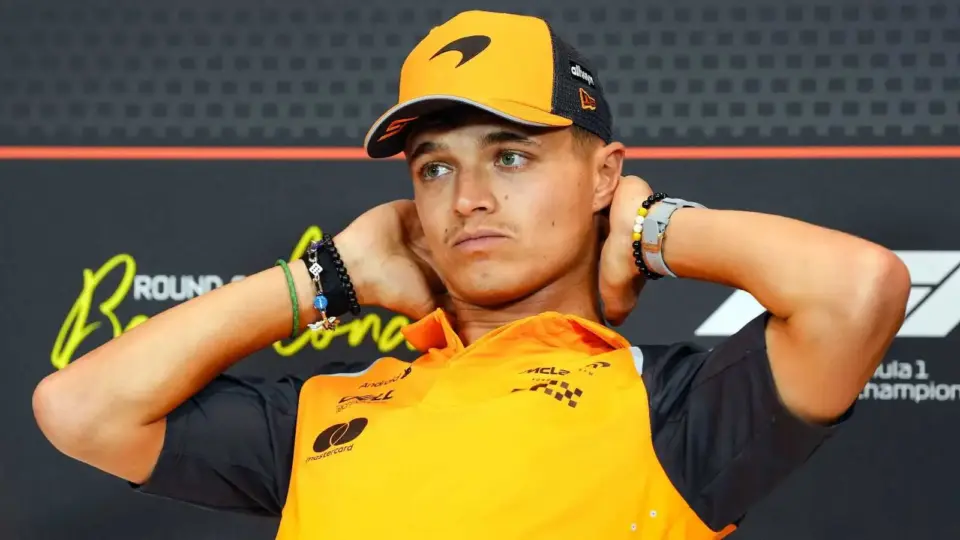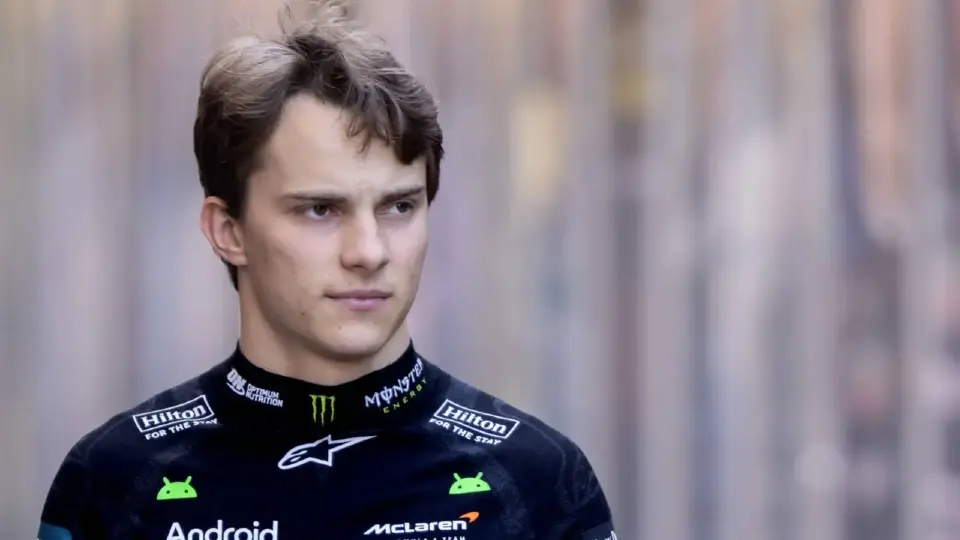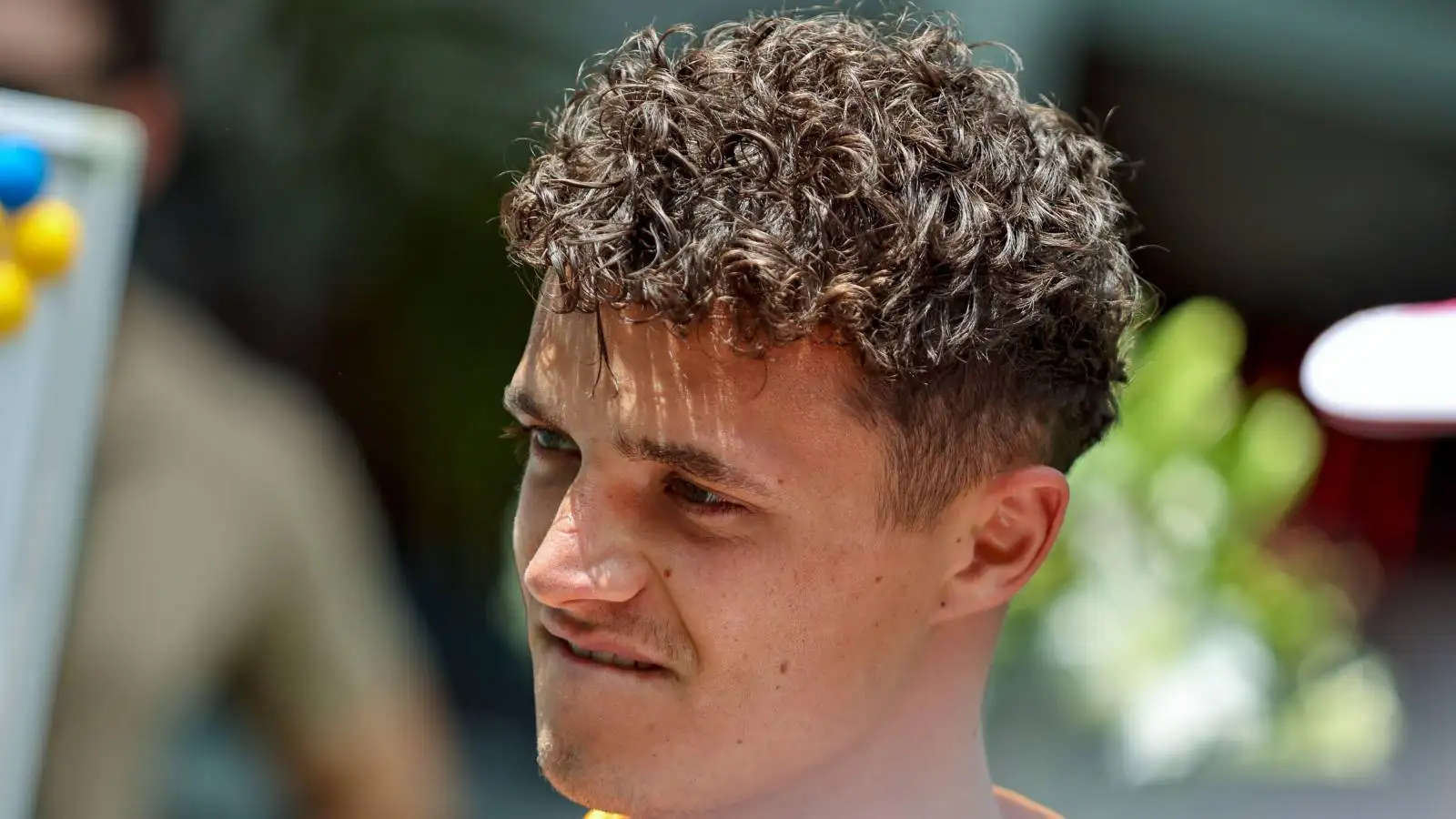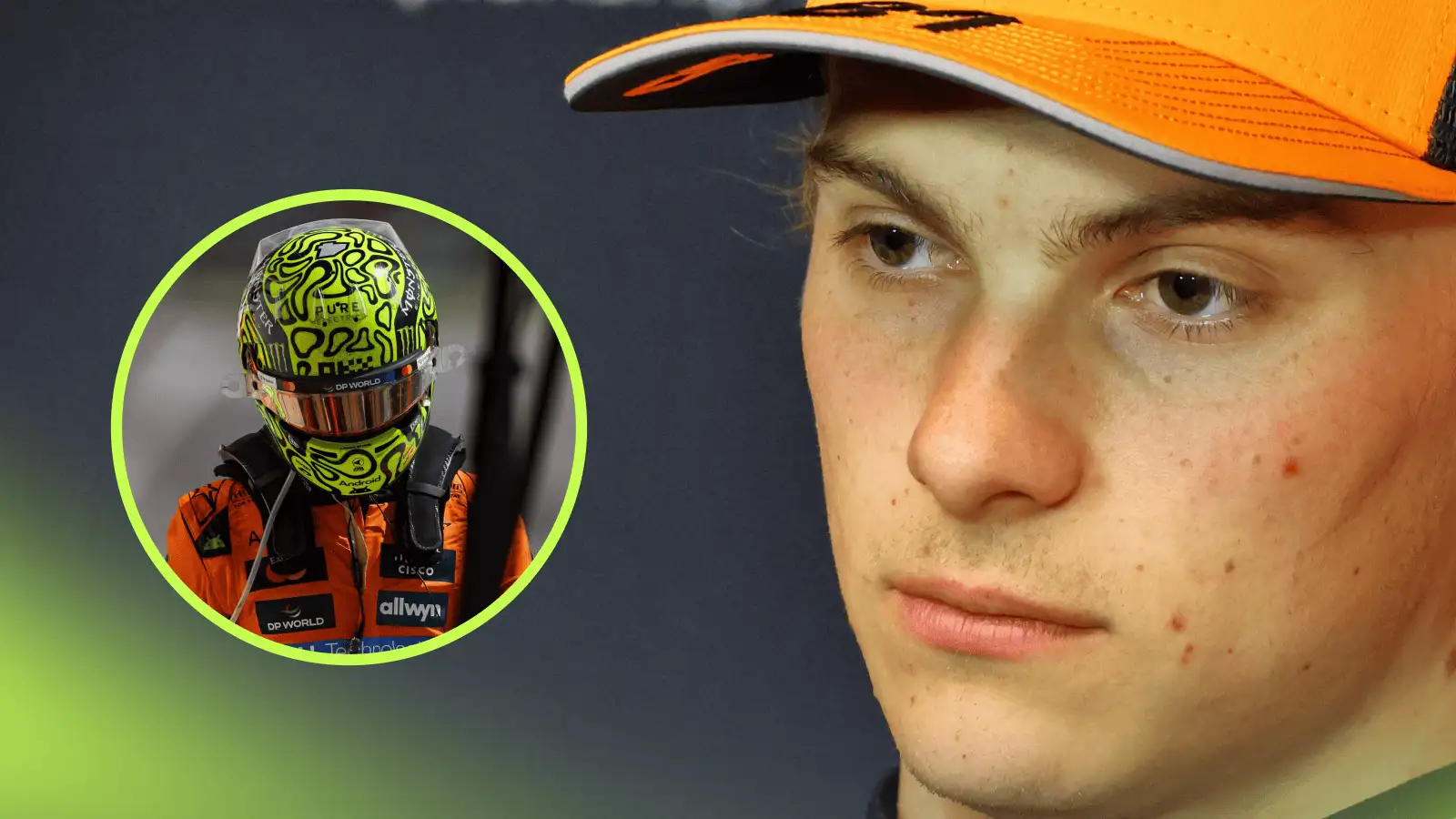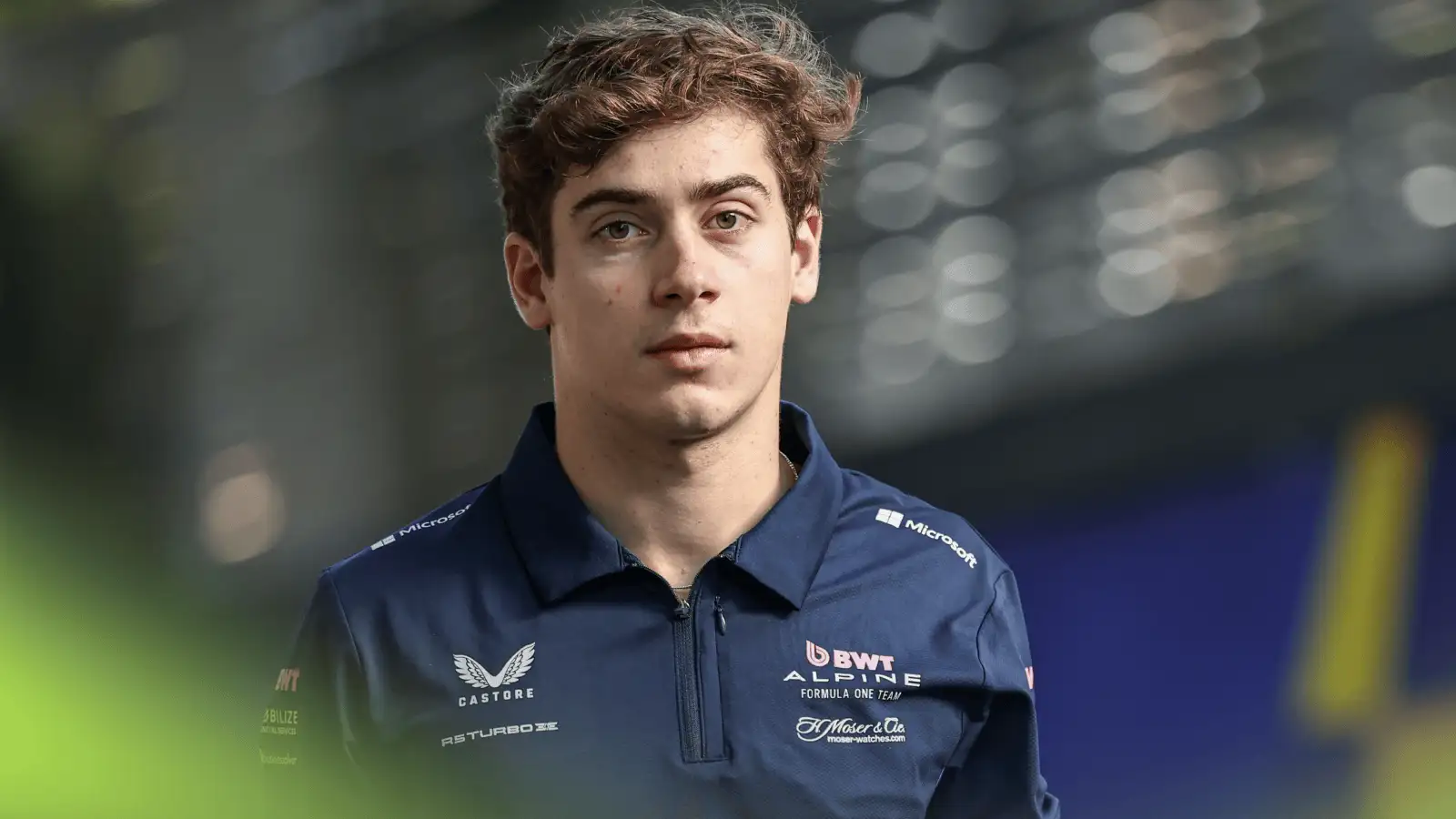Max Verstappen isn’t worried about new restrictions on front wing flexing, confident Red Bull won’t be affected.
- FIA introduces stringent tests at the Spanish GP, challenging F1 teams to adapt quickly.
- McLaren’s use of aero-elasticity is scrutinized, but Verstappen is unfazed by potential impacts.
- Recent successes at Imola give Red Bull a boost, despite concerns about car performance variability.
- Street circuits remain a challenge for Red Bull, but high-speed tracks play to their strengths.
In the world of Formula 1, changes to regulations are always stirring the pot. However, Max Verstappen approaches the latest flexi-wing clampdown with cool composure, asserting that Red Bull Racing will remain unaffected. His stance is one of assurance, showing little concern for the FIA’s newly introduced limits on front wing flexibility at the Spanish Grand Prix. Verstappen commented, “Not for us. I can say that with quite a lot of confidence,” clearly unfazed by the changes.
The shift in regulations, which comes after similar rear wing adjustments, is aimed at maintaining fair play among teams. Some speculate that McLaren, a key player in utilizing aero-elasticity, might be hardest hit. These wings, often designed to fine-tune car setups for various track speeds, are under heavy scrutiny. Despite this, Verstappen remains skeptical about any significant impacts, emphasizing his belief in the manageability of the situation for all teams. “If you have a good car, you have a good car. The front wing bends a bit less,” he quipped.
Red Bull has recently found success, notably at Imola, where they outpaced McLaren. This achievement has bolstered their confidence as they head to Barcelona. Verstappen acknowledged that while Imola showcased their strength, it’s uncertain if this performance will carry over to other high-downforce circuits like the Circuit de Barcelona-Catalunya. Nevertheless, he maintains a cautiously optimistic outlook, vowing to give their best shot during the race weekend.
Barcelona represents a contrast to street circuits, where Red Bull admits to challenges. Verstappen candidly shares his dislike for these circuits, preferring high-speed tracks that align more closely with Red Bull’s strength. The team is especially potent in high-speed corners, which Verstappen sees as their competitive edge. He remarks, “Our car is quite good in the high-speed. We just need to try and bring that a bit more down to the medium-speed and especially the low-speed.”
Ultimately, Verstappen’s perspective on the new regulations reflects a blend of confidence and an understanding of Red Bull’s competitive positioning. The upcoming Spanish Grand Prix will test how well teams adapt to the new aerodynamic constraints.
Max Verstappen remains unfazed as the F1 world braces for the impact of the flexi-wing clampdown.
